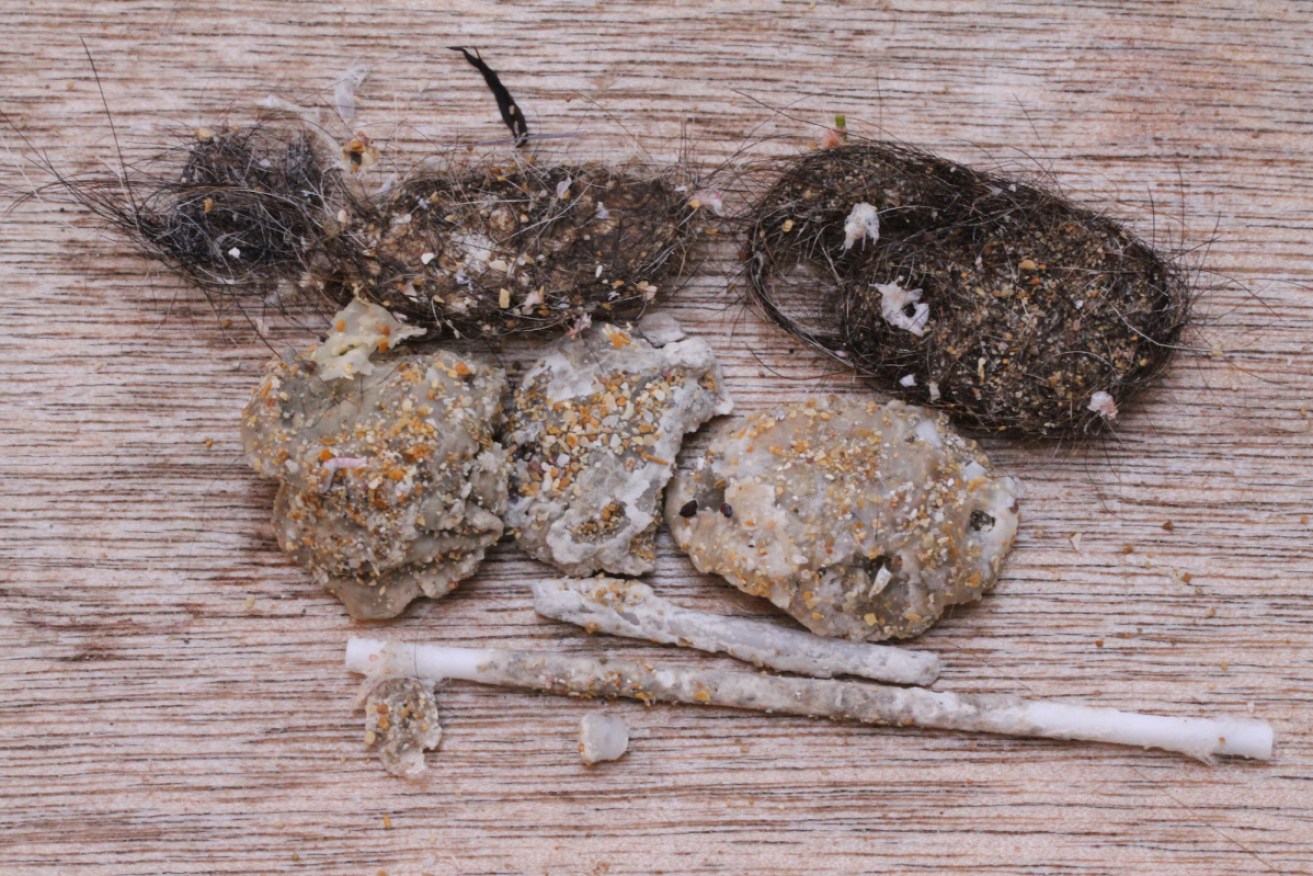Fat balls: The last thing you want to find at the beach


Fat balls and hair balls are clogging up Australian sewers. Photo: Supplied
Stinky balls of used nappies, wipes, condoms, hair and oil are clogging up Australian sewers and horrifying beachgoers who stumble upon them on the sand.
Dubbed ‘fat balls’, the congealed balls of waste are smaller versions of ‘fat bergs’, made up of material flushed down sinks or toilets that have failed to break down in the sewerage system.
Over time, the mixtures build up and turn into squishy balls about the size of a ping pong ball that clog up the system and can even end up entering the ocean.
Last month, British sewer workers were horrified to discover a rock-solid 64-metre-long ‘fat berg’ clogging up a sewerage system in London.

The London fat berg weighs as much as 11 double-decker buses. Photo: Thames Water
Disturbingly some of these mini fat bergs are ending up at south-west Victorian beaches, according to a report by the ABC.
Warrnambool woman Colleen Hughson told The New Daily she began finding strange lumps and balls scattered along the tideline at Shelly Beach in October.
“When you pick them up and smell them, it’s a rancid, sickening smell,” Ms Hughson said.
“I find lots of hair balls too … it’s been really upsetting because you just think, ‘Well what is it? How toxic is it?’ ”

Fat balls and hair balls are washing up at beaches in Victoria’s south-west. Photo: Colleen Hughson
Concerned about the rubbish washing up on the sand, Ms Hughson founded PickUpSticks, a community action group that combs the beach for rubbish each week and documents its findings.
She suspected a lot of people didn’t realise where their waste goes after they’ve flushed something down the sink or toilet.
“If they knew it was affecting marine life and polluting the ocean, then maybe they wouldn’t do it,” Ms Hughson said.
What can you do to stop fat balls washing up on beaches?
The first thing you can do is stop flushing wet wipes down the toilet.
Of the 20 sewerage treatment plants run by SA Water, wet wipes are one of the biggest offenders contributing to fat balls.
The moist hygiene cloths are often marketed as ‘flushable’ on their packaging, but the truth is they do not break down easily.
Last year, the manufacturer behind White King’s ‘flushable’ toilet and bathroom cleaning wipes was ordered by the Federal Court to pay penalties totalling $700,000 for falsely stating their product would disintegrate in the sewers “just like toilet paper”.
While toilet paper breaks down in around 30 seconds, wet wipes are much stronger and don’t easily disintegrate in the sewerage system.
Research conducted by Sydney Water estimated that one in four people in Sydney was flushing wet wipes down the toilet.
Of those, about 72 per cent were unsure of whether wet wipes were biodegradable.
Removing them from the sewers is expensive, and they can damage household plumbing before ending up at beaches and waterways.
By placing non-biodegradable items such as condoms, nappies, sanitary products and wet wipes in the bin, you will help ease the strain on wastewater systems.
What can I do in the kitchen to prevent fat balls?
Stop washing tea leaves, coffee grinds or food scraps down the kitchen sink.
Do not pour oil down the sink either. Instead, use a paper towel to wipe pans after cooking and dispose of the remaining oil in the rubbish bin, or pour it onto a compost heap.
Small amounts of household cleaning detergents are fine in the sewer, but avoid pouring down strong chemicals such as paint.








